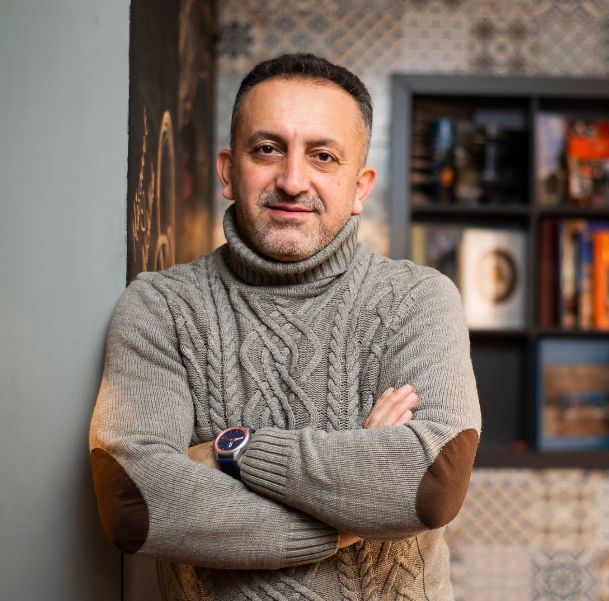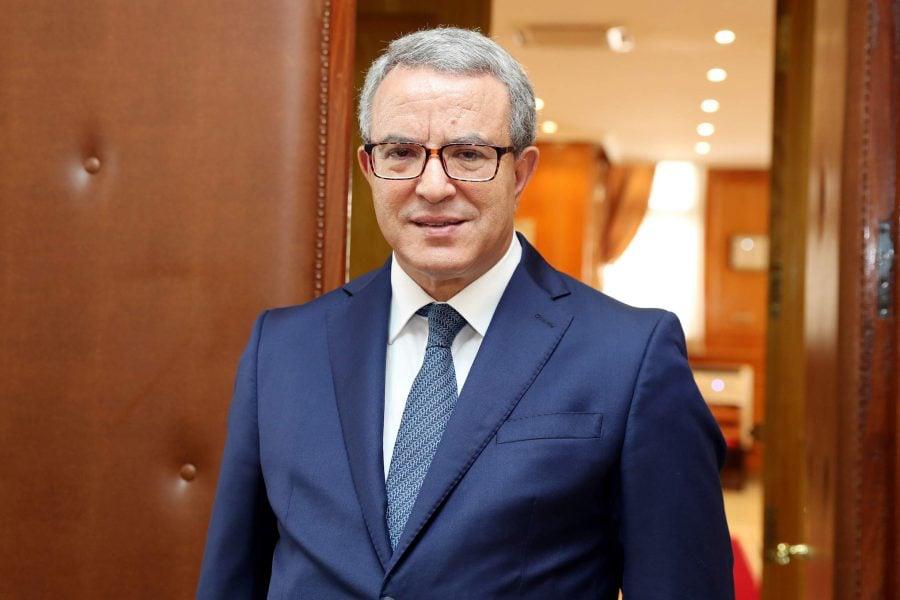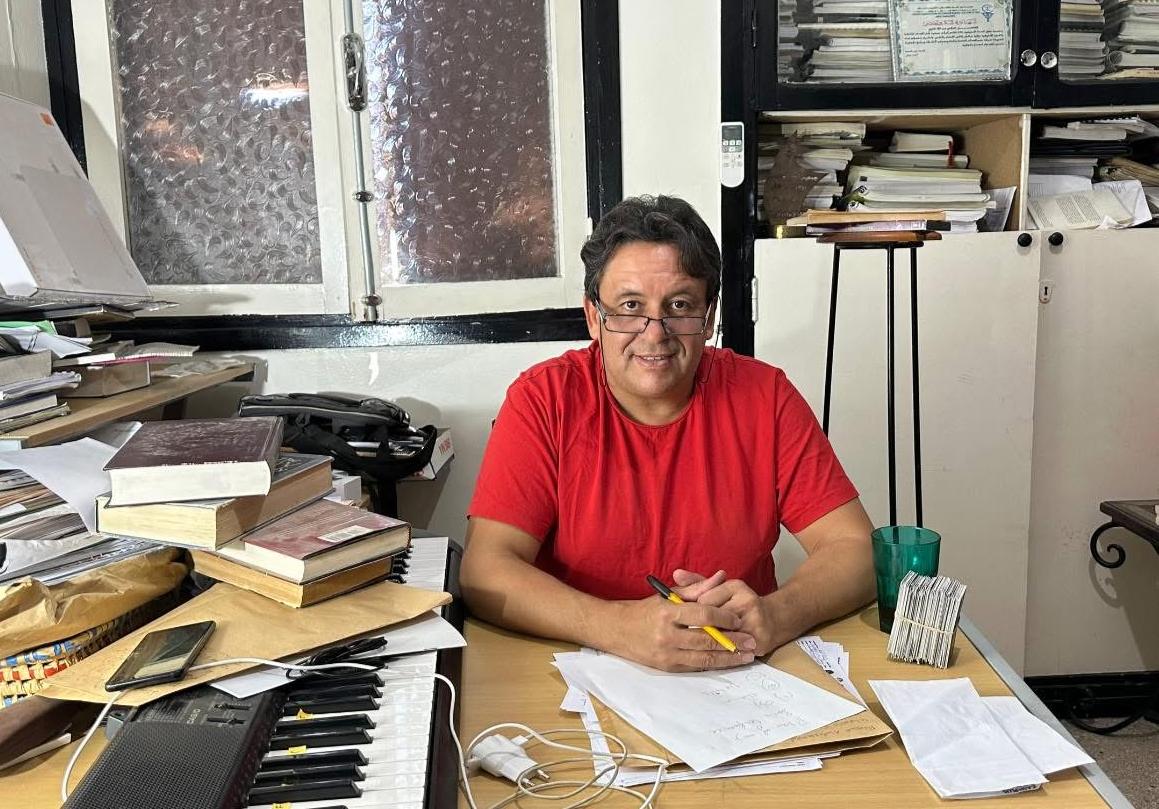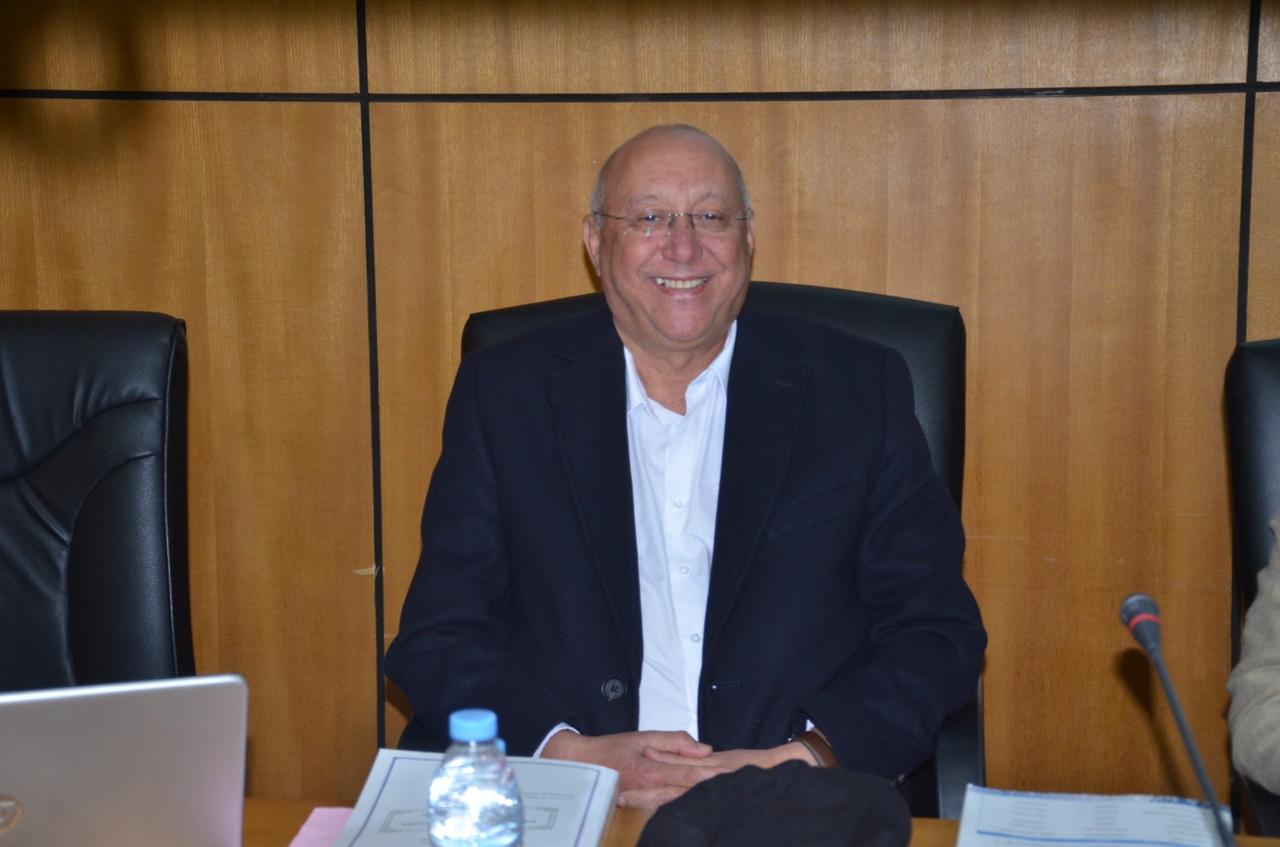|
Background In today’s globalized world, media and discourse significantly shape diplomatic processes and international relations. Media narratives and discursive practices have become powerful tools that reflect and, at the same time, influence international diplomacy, conflict resolution, and cooperation (Fairclough, 2013). The strategic use of language in media can frame international events and issues in ways that shape public perception and political outcomes (Entman, 2004). Additionally, the rapid spread of information through digital platforms has led to new forms of diplomacy, often referred to as "digital diplomacy," where states, non-state actors, and international organizations engage in public dialogue on the global stage (Manor, 2019). These dynamics have profound implications for how international actors communicate, negotiate, and resolve conflicts (Fisher, Ury, & Patton, 2011). Through this conference, RGDA and its guest scholars will seek to explore how media narratives and discursive practices influence these processes, encouraging submissions that investigate the intersection of media, discourse, and international relations. Participants are invited to present theoretical frameworks, empirical research, and methodological innovations that examine the role of media in shaping international relations, diplomacy, and conflict resolution (Van Dijk, 2006). In doing so, the conference aims to foster a deeper understanding of how media discourse operates as a critical element in the practice of international diplomacy and global cooperation. Suggested Topics for Submission: We encourage contributions that critically engage with the following themes: - Discourse: Theory and analysis in International Relations - Discourse and International Relations - Political discourse for global audiences - Political Discourse in the media - Critical Discourse Analysis in International Relations - Post-structuralism in International Relations - Mass media and International Relations - Media construction of International Relations - The Media in International Affairs - Discourse in International Policy - Geopolitical Discourse - Language patterns in International Relations - Social media and Journalistic Discourse Analysis - Political participation in media discourse - Language in the Media - Approaches to media discourse - Media and Ideology - Media Discourse and de/coloniality - Media representations We invite both theoretical analyses and empirical research, with a particular focus on interdisciplinary perspectives that draw from media studies, discourse analysis, international relations, communication studies, and political science.
Keynote Speakers Keynote Speakers Professeur Tugrul KeskinChina Global Strategic Research Institute – Arlington, VA – USA Tugrul Keskin is currently a lecturer at Cappadocia University and previously served as a professor and director of the Center for Global Governance at Shanghai University from 2016 to 2021. He was also the graduate director of the Department of Political Science and International Relations at Maltepe University in Turkey. At Portland State University, Keskin taught in the Department of International and Global Studies and was affiliated with the Black Studies, Sociology, and the Center for Turkish Studies, where he also served as the Middle East Studies Coordinator for six years. His research and teaching focus on International and Global Studies, Social and Political Theory, Modern African Society and Politics, Islamic Movements, and the Modern Middle East. Previously, Dr. Keskin taught Sociology and Africana Studies at Virginia Tech and served as a Visiting Assistant Professor of Sociology at James Madison University and Radford University. He earned his PhD in Sociology from Virginia Tech, along with certificates in Africana Studies, Social and Political Thought, and International Research and Development. Keskin is the founder and moderator of the Sociology of Islam and Muslim Societies, as well as Global China academic networks/research groups. He is also the founding editor of the Sociology of Islam journal (published by BRILL) and formerly the regional editor for Critical Sociology (SAGE), focusing on the Middle East and North Africa. His current research areas include the modern Chinese state and society, technology/artificial intelligence and international relations, China’s relations with the Middle East and Africa, and U.S. foreign policy and think tanks in the post-Cold War era. Keskin is the editor of the Sociology of Islam journal (BRILL) and an associate editor of the Cappadocia Journal of Area Studies (CJAS).  Professeur Mohamed AujjarJournalist and Politician, Morocco Mohamed Aujjar is a Moroccan politician, diplomat, journalist, and human rights advocate, born on March 18, 1959, in Targuist, in the Al Hoceima province of Morocco. He holds a law degree from Mohammed I University in Oujda and received specialized training in journalism and communication in the United States, France, and Portugal. Aujjar began his career as a journalist and served as editor-in-chief of Al Mithaq Al Watani, the official newspaper of the National Rally of Independents (RNI). He was also a founding member and former deputy secretary-general of the Moroccan Press Syndicate, as well as a co-founder of the Moroccan Organization for Human Rights (OMDH). He entered politics as Minister for Human Rights in 1998 under King Hassan II and continued in that role under King Mohammed VI until 2004, during a key period of democratic and human rights reforms in Morocco. In 2002, he was elected as a Member of Parliament for the Rabat-Océan constituency. Later, in 2014, he was appointed Ambassador Permanent Representative of Morocco to the United Nations Office in Geneva, where he represented Morocco in various international forums, especially in the field of human rights. From 2017 to 2019, Aujjar served as Minister of Justice in Prime Minister Saadeddine El Othmani’s cabinet, leading important reforms in the justice sector, with a focus on judicial independence and anti-corruption. In 2020, he was appointed by the United Nations Human Rights Council as Chair of the Fact-Finding Mission on Libya, a position he held through 2022, tasked with investigating human rights violations in the conflict-torn country. In addition to his government and diplomatic roles, Aujjar is the founder of the Achourouq Center for Democracy, Media, and Human Rights. He is married and has three children. Fluent in Arabic and French, and proficient in English, Mohamed Aujjar is recognized for his moderate political views and longstanding commitment to democracy, legal reform, and human rights both in Morocco and internationally.  Professeur Abdellah El HalouiFaculty of Letters and Humanities, Cadi Ayyad University, Marrakech, Morocco Abdellah El Haloui is a linguist and professor at the Faculty of Letters and Humanities at Cadi Ayyad University in Marrakech, Morocco. He specializes in syntax, semantics, and linguistic theory. El Haloui has published numerous works on language structure and discourse analysis and has contributed significantly to the field of linguistics in Morocco. His research interests include the relationship between syntax and meaning, as well as the cultural aspects of language. He has also played a key role in shaping the academic curriculum for linguistics students at his university.  Professeur Driss BouyahyaSchool of Arts & Humanities, Moulay Ismail University, Meknes Morocco Driss Bouyahya is a full Professor at School of Arts & Humanities in Moulay Ismail University, Meknes Morocco. He holds a Ph. D degree in Political Islam and Political Communication. His fields of interest are Religious Studies, Sociology of Religion, Intercultural Communication, Cultural studies, Jewry Studies, Political Islam, Literary Criticism, Pedagogy and Post-Colonial Studies. He has several publications, such as Islam-Oriented Parties´ ideologies and Political Communication in Quest for Power in Morocco with Cambridge Scholars Publishing (2015), Sufism & Religious Tourism (2017), Islamist Movements in Morocco & their Typology, Is Islam as an Ideology? How & Why? (2014), Al-farabi´s Dualism in his Writings and Language (2019), The Culinary and Clash of Civilizations (2020), The Notion of Space within Diverse Fields of Cognizance (2021), Islam: Thoughts, Paradigms, & Civilizations (2023), Nudging Critical Thinking in Tertiary Education (2024), among others. He is Editor in Chief of Sociology of Islam, Brill. |


